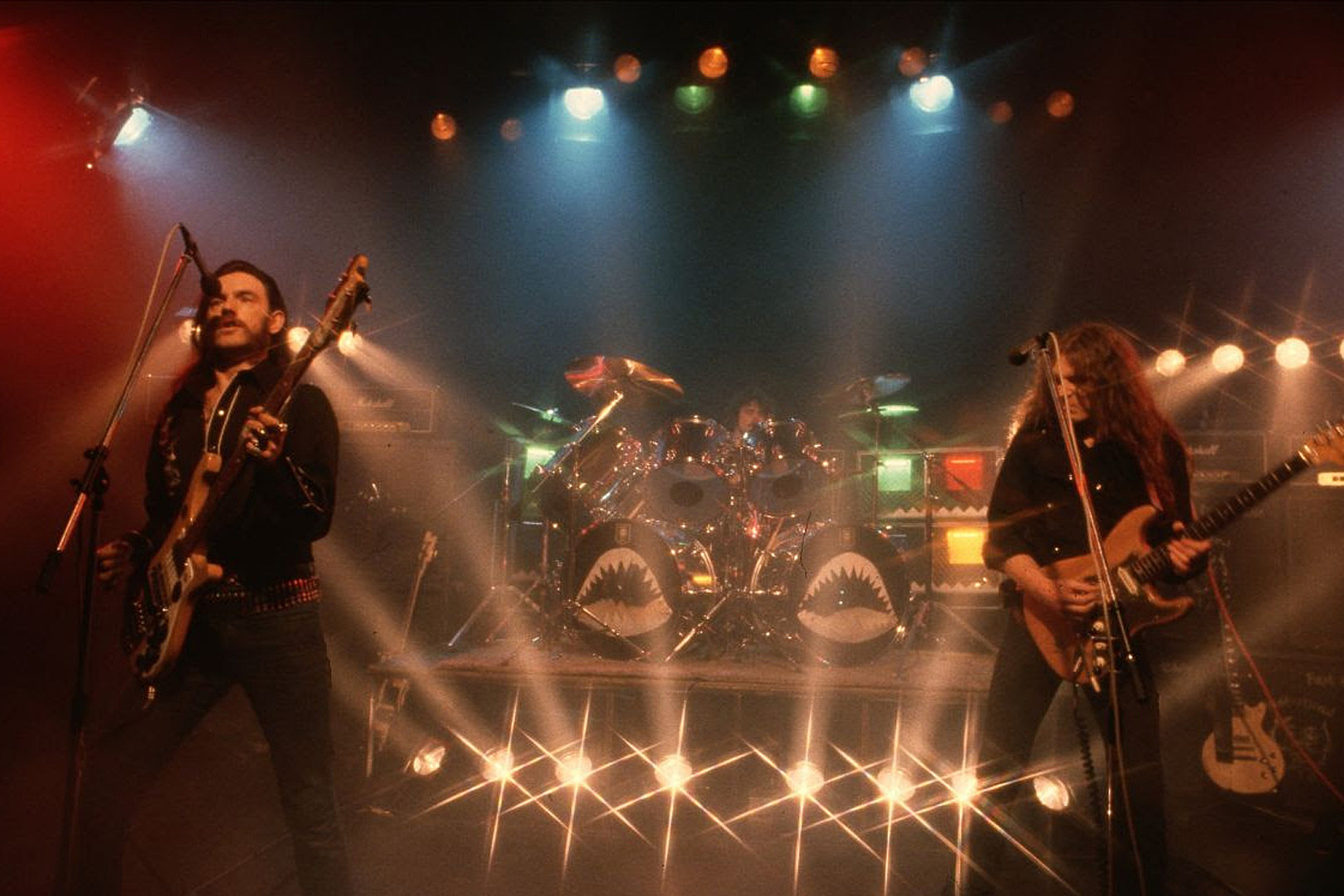

To quote the contemporary critic Xu Xiaozhong, “Macbeth” was a story of “how the greed for power finally ruined a great man.” I can only imagine what audience members, some of whom had perhaps witnessed or even indulged in their own “black and deep desires” over the preceding decade and a half, would have thought as they watched Lady Macbeth struggle with a guilty conscience or her husband descend into paranoia. The story’s doomed protagonist - a once-admired war hero toppled by his own ambition - allowed audiences to quietly work through their feelings toward their own fallen leader. In her book “Occidentalism: A Theory of Counter-Discourse in Post-Mao China,” the scholar Xiaomei Chen argues that this version, like earlier ones, was tailor-made to fit the times. In 1980, just four years after Mao’s death and the end of the decade of chaos that was the Cultural Revolution, the Central Academy of Drama decided to stage its own version of Shakespeare’s play. Several decades and a few less-than-peaceful transfers of power later, “Macbeth” was revived again. Adapted into a film in 1945 - just four months before Japan’s ultimate surrender - “Wang Deming” was both a call to arms and a way of reassuring audiences that no ill deeds go unpunished. Decades later, in 1944, the tale reappeared as “Wang Deming,” which was set amid the ongoing violence of World War II. “The Usurper,” one of its earliest Chinese adaptations, hit the Shanghai stage in 1916 and contained thinly veiled jabs at Yuan Shikai, a warlord who had crowned himself emperor the year before. The play’s history in the country is an interesting one. Whether in the form of the Punchdrunk production’s immersive staging, the syncretism of kunqu opera versions, or more traditional renditions, “Macbeth” has proven itself no brief candle in China.Ī poster of a theatrical adaptation of ‘Wang Deming’ from 1945. But there’s more to it than that: “Sleep No More” is part of a long tradition of “Macbeth” adaptations, and the Bard’s tale of unchecked ambition, conspiracy, and ruin seems to have special resonance here. It’s not surprising that “Sleep No More” found a home in China, given its previous runs in London and Boston, its ongoing popularity in New York City, and the near-cult following it’s built online.

It’s proven a popular draw: “Sleep No More” just celebrated its second birthday this month and is now the city’s second-longest-running show. There, they unlock the mysteries of the story, which is set in 1930s Shanghai and draws heavily from Shakespeare’s “Macbeth,” Alfred Hitchcock’s film “Rebecca,” and Chinese mythology.

For up to three hours, audience members can explore the “hotel” - the multistory building in the city’s Jing’an District that houses the play’s Chinese adaptation. Those who have attended the Shanghai staging of production company Punchdrunk International’s immersive theater piece “Sleep No More” might recognize this as the opening act of a wild and chaotic journey into the fictitious McKinnon Hotel.

When it was finally my turn to get off, I could have sworn I heard him say, “Good luck.” Fortune favors the bold.” With that, we were ushered into the elevator, our group gradually dispersing as the bellhop let us out into spaces on different floors: a stone graveyard, the hallway of a hotel, an open ballroom with trees scattered around. “If you’ve come with a loved one, it’s time to bid them farewell. “This is an individual experience,” she murmured in Chinese. As we neared the elevator doors, a woman dressed in a beautiful 1930s-era gown directed us to keep our white masks on.


 0 kommentar(er)
0 kommentar(er)
